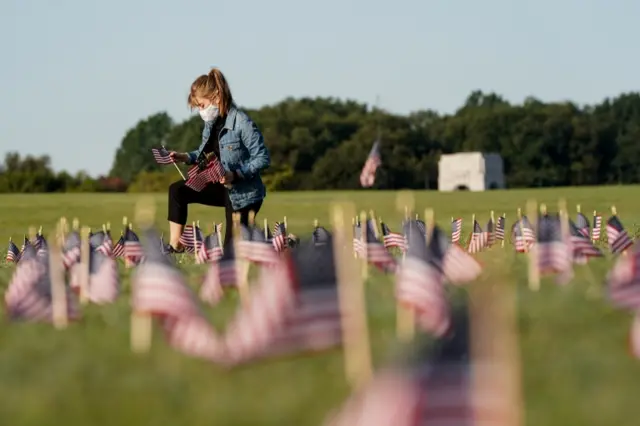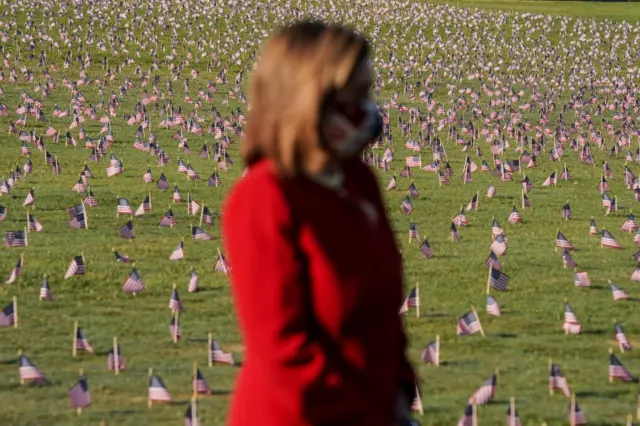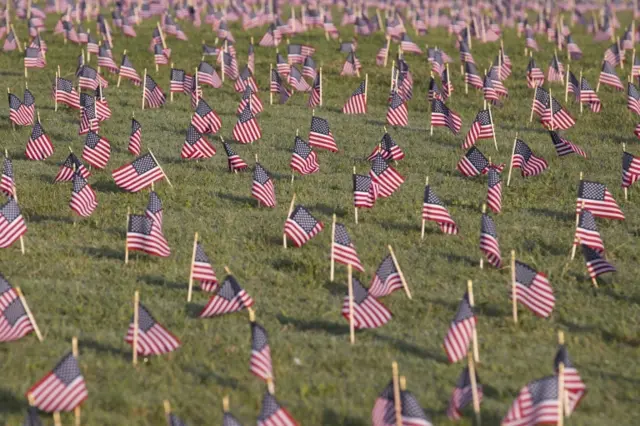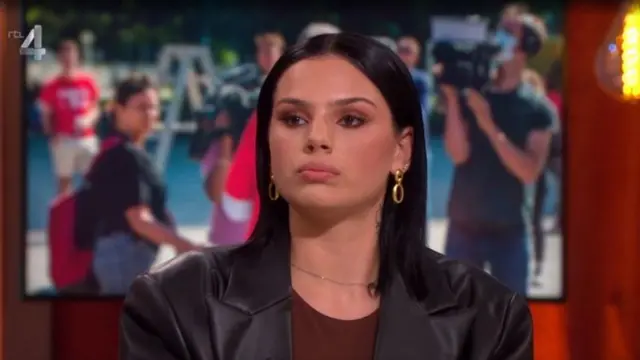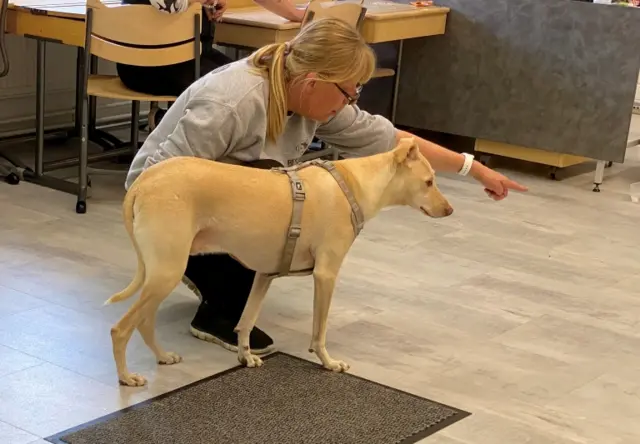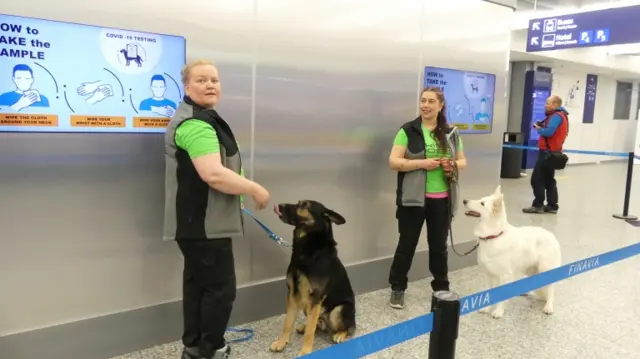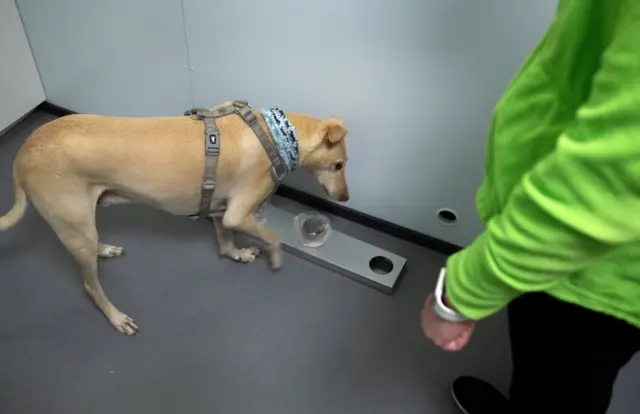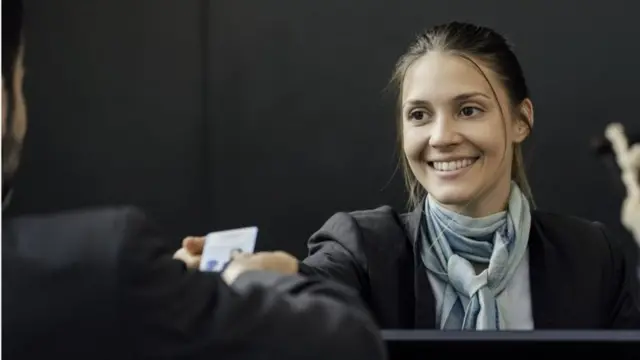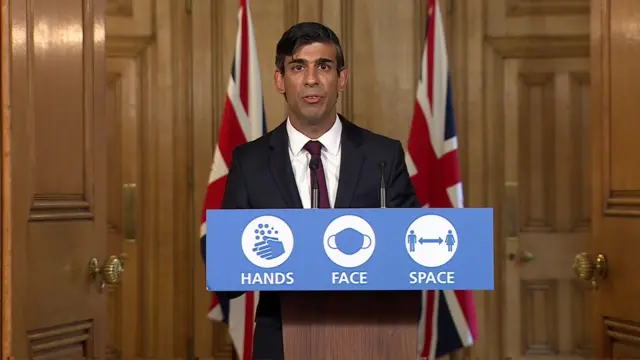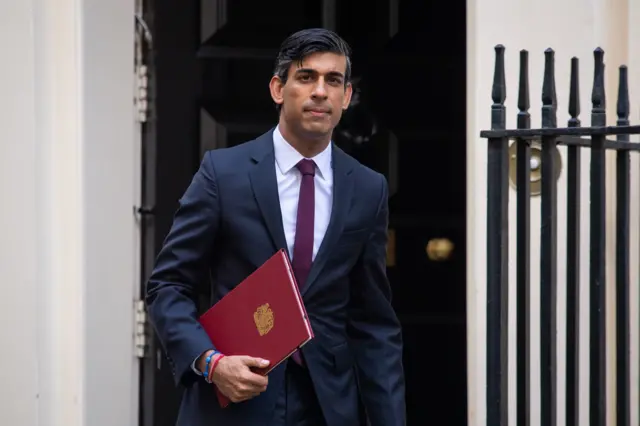US recovery stutters as 870,000 file for unemploymentpublished at 16:55 BST 24 September 2020
Samira Hussain
New York business correspondent
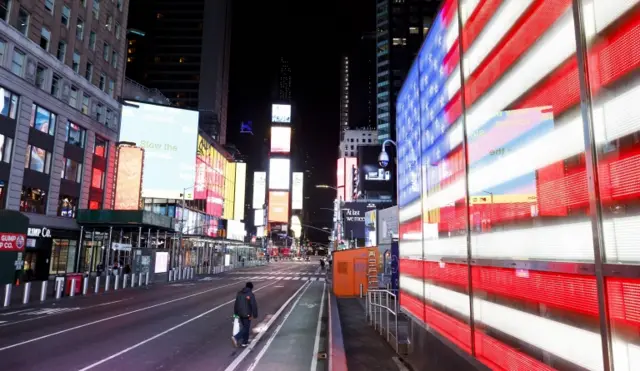 Image source, EPA
Image source, EPAThe US economy is struggling to bounce back to pre-pandemic levels
The number of Americans filing for first-time unemployment benefits again dipped below one million last week, with figures showing a further 870,000 claims.
The figure was slightly up from the previous week, however, suggesting the job market and the economic recovery in the US remains fragile.
The numbers show that, even six months after the coronavirus pandemic hit the US economy, employers continue to lay off workers. Meanwhile, the millions of Americans who were laid off earlier in the crisis continue to depend on unemployment benefits.
Also worrying economists is the cooler weather ahead. Many restaurants and businesses moved operations outdoors during the summer, but will probably have to start laying off workers again as winter approaches.
Next week, the US government will release the monthly unemployment rate for September. The jobless rate for August fell below 10% for the first time since the pandemic began, to 8.4%. Hopes will be high for another dip.
Read more: A visual guide to the economic impact
